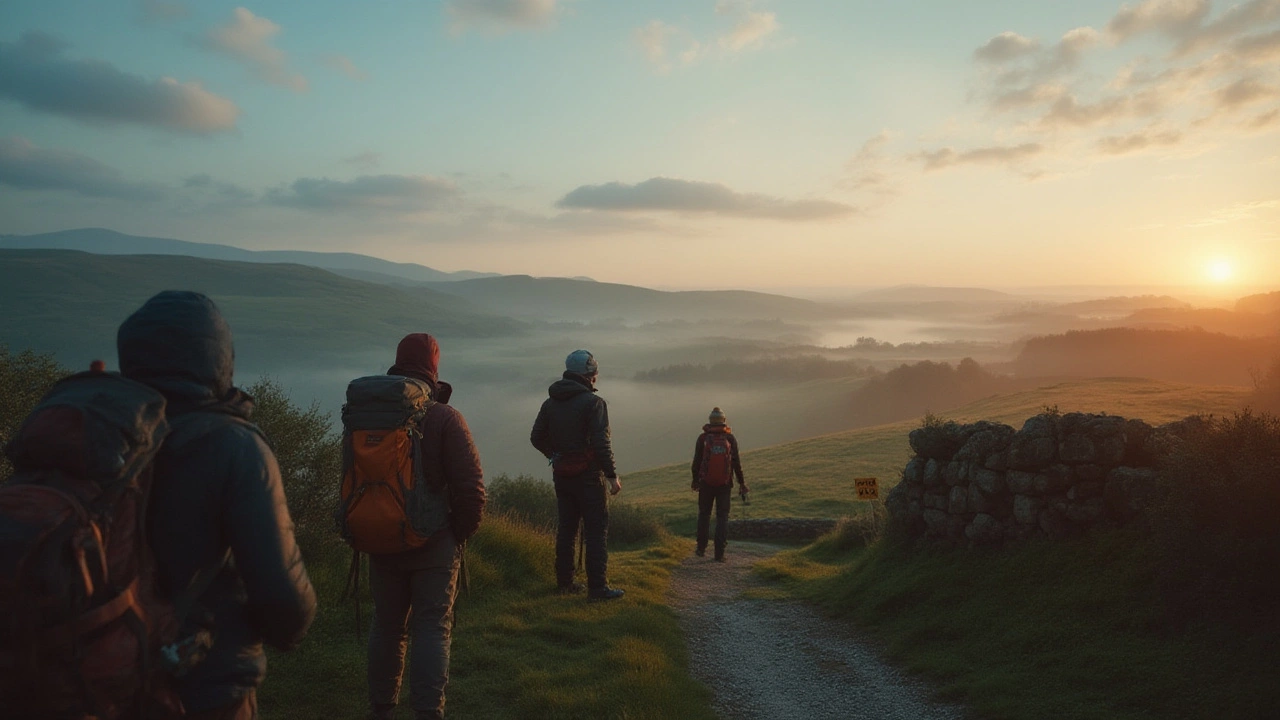Camping Restrictions Guide: Know the Rules Before You Pitch
Thinking of setting up a tent, parking a van, or sleeping in a car? England, Scotland and Wales all have rules that can surprise you. Ignoring them can mean a fine, a polite walk‑away from the landowner, or even a police visit. This guide breaks down the most common restrictions so you can enjoy your trip without a hitch.
Beach and Coastal Restrictions
Not every stretch of sand is a free campsite. In England, most beaches fall under local by‑laws that ban overnight tents. Some coastal towns allow a single night on a designated area, but you’ll need to check the council website first. Scotland is more relaxed thanks to the Scottish Outdoor Access Code, which lets you camp on most beaches as long as you stay low‑impact and move on after a night.
If you’re caught on a restricted beach, expect a warning, a small fine, or a request to leave. To stay on the safe side, look for official “designated camping zones” or use a nearby campsite that offers a shuttle to the shore. Carry a portable toilet and pack out all rubbish – it’s the easiest way to keep the coast open for everyone.
Public Land, Parks and Car Camping Limits
Many people assume you can pitch a tent in any public park. The truth is most parks only allow day‑use. Some larger parks have dedicated “allowable camping areas” where you need a permit, especially during peak season. Always check the park’s signage or website before you arrive.
Car camping is another gray area. UK campsites often let you park a car and sleep inside, but the rules differ between sites. Some only allow “caravan‑type” vehicles, not a regular car. If the site says “no car camping,” you could be asked to move or risk a fine. To avoid drama, call the site ahead of time and ask about their specific policy.
When you’re on public land without a formal site, the law generally expects you to follow the “leave no trace” principle. That means setting up no more than 30 metres from the road, staying under 24 hours, and moving on when requested. In Wales, the same rules apply, but many local authorities are stricter about staying on designated footpaths.
Remember, many UK councils have a “wild camping by‑law” that can be enforced if you ignore signage. A quick phone call to the local council can save you from an unexpected ticket.
Practical tips: Carry a small tarp for ground protection, use a portable camp stove instead of an open fire, and have a plan for waste disposal. If you’re unsure, head to the nearest campsite – they often have cheaper rates than you think and give you a legal place to stay.
By checking local rules, respecting the land, and packing smart, you’ll enjoy freedom on the road without a single warning. Happy camping!
Wild Camping Laws in the UK: Why Is Camping in the Wild Illegal?
Curious why wild camping is illegal in most of the UK? Find out what makes the laws unique, how land rights affect campers, and where you can (and can't) sleep under the stars.
